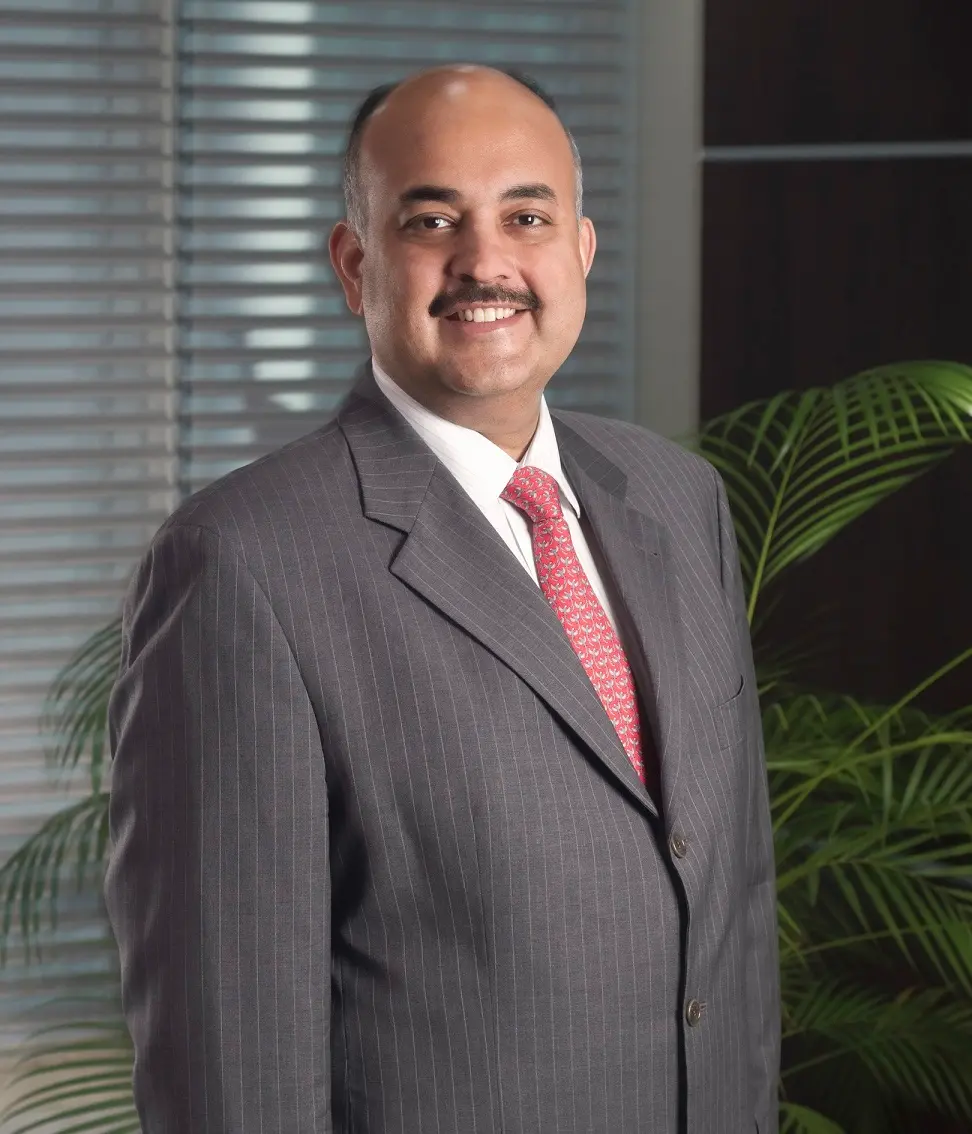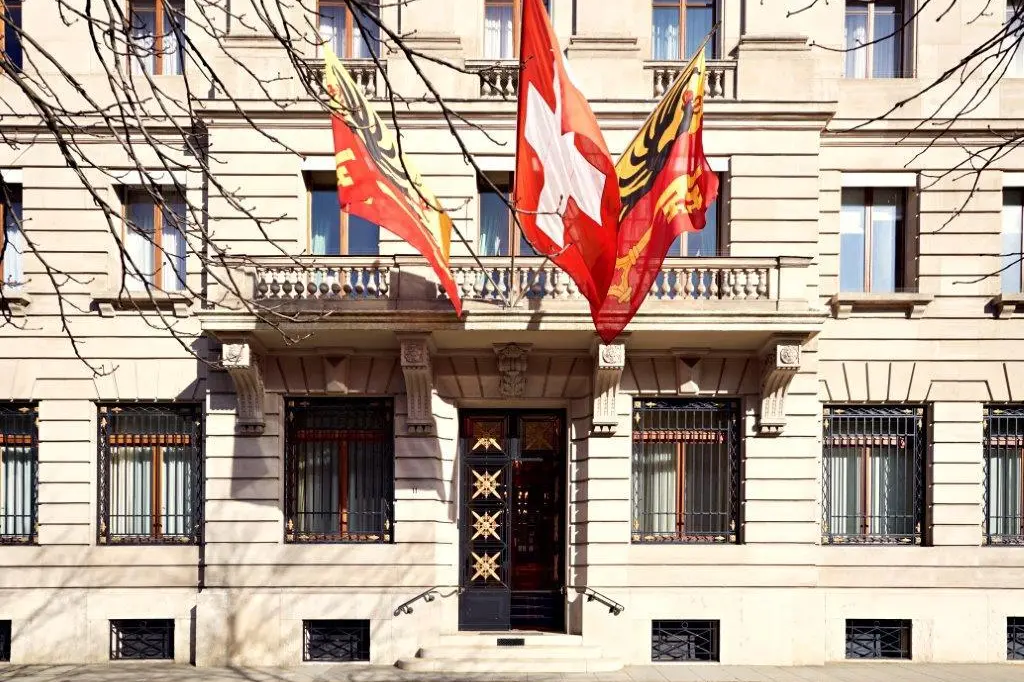PHOTO
Lombard Odier has announced plans to open a new branch office in Abu Dhabi that will allow it to offer advisory services to clients.
The 223 year-old bank, which has had a representative office in Dubai for the past 12 years, said that it expects to be the first Swiss private bank to set up in the UAE capital after gaining an approval in principle from Abu Dhabi Global Markets.
Arnaud Leclercq, group managing director for the bank, said: “The Middle East for Lombard Odier is one of the key strategic markets where we have grown 15 percent per year over the last 10 years.”
Speaking at a media roundtable in Dubai on Tuesday, Leclercq did not give a figure for the amount of assets the bank has under management in the region, but said that the global figure is $276 billion.
“We would like the Middle East to be 10 per cent of that,” he said.
“We are not there yet,” Leclercq continued, adding that it hoped to achieve this within three-to-five years. “It depends on the market, it depends on many things.”
The Abu Dhabi office will be headed by the company's current regional head, Christophe Lalandre, with a new head for the Dubai office likely to be appointed by April.
The firm has already recruited five people for the Abu Dhabi operation, who will start working from the city “as soon as we have the final approval” from ADGM, Lalandre said. “Hopefully, it will be during this first half of 2018.”
He said that the move had been client-driven, but that setting up a branch office at ADGM was preferable to opening a representative office in the city.
“What ADGM offers is for instance the ability to advise clients,” Lalandre said. “A representative office has its own limitations.”
The Abu Dhabi office would be the bank's 28th worldwide, and the United Arab Emirates is set to become the first country outside of its home market in Switzerland where it has an office in more than one location, Lalandre said.


Arnaud Leclercq, group managing director Lombard Odier
Long-term view
When asked whether current market conditions were ripe for expansion into Abu Dhabi, Leclercq said: “We are not in Abu Dhabi for the short term”.
He pointed out that around 10 years ago, the firm had been questioned whether or not it would remain in Dubai following the 2008 global financial crisis.
“We said we're here for good. We stay, we commit and we grow. That's exactly the same thing in Abu Dhabi.”
In terms of asset allocation trends, Lalandre said that last year it became apparent that clients in the region were typically invested in local stocks and real estate, and had “a strong need of diversification”.
Leclercq also said that Lombard Odier’s chief economist had flagged the potential for a global recession next year, which has led to some clients looking to increase their exposure to private equity “in order to avoid a certain level of volatility” experienced in capital markets. He added that there is also still “strong interest” in emerging market assets.
“Each country is different of course, but generally speaking emerging markets have better balance sheets, they have lower inflation than before, the stock prices are quite reasonable...especially in comparison to some Western economies,” Leclercq said.
A report published jointly by consultancies Cerulli Associates and Insight Discovery in September last year on the asset management industry in the Middle East stated that there are around $3.5 trillion worth of assets under management in the region, but that much of this is held by sovereign wealth funds. It said that there is around $800 billion of assets held by around 700,000 high net worth individuals (HNWIs) in the region that is available to asset managers, even after accounting for assets tied up businesses, real estate or held in cash.
A 2019 High Net Worth Handbook published by U.S.-based consultancy Wealth-X last month put the total wealth held by HNWIs in the region in 2018 at $1.688 billion, a 3.8 percent year-on-year increase on 2017. It also said the number of HNWIs in the region grew by 3.1 percent, to 571,550.
(Reporting by Michael Fahy; Editing by Mily Chakrabarty).
Our Standards: The Thomson Reuters Trust Principles
Disclaimer: This article is provided for informational purposes only. The content does not provide tax, legal or investment advice or opinion regarding the suitability, value or profitability of any particular security, portfolio or investment strategy. Read our full disclaimer policy here.
© ZAWYA 2019




















